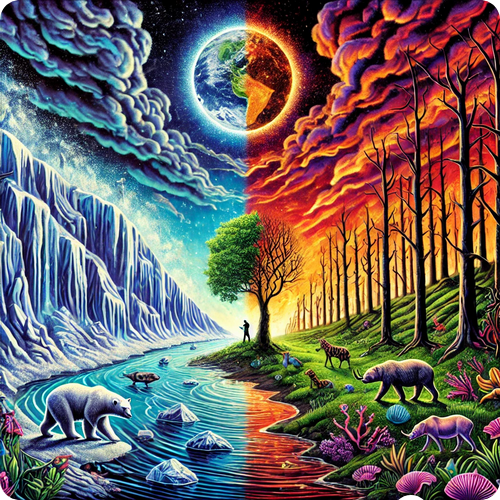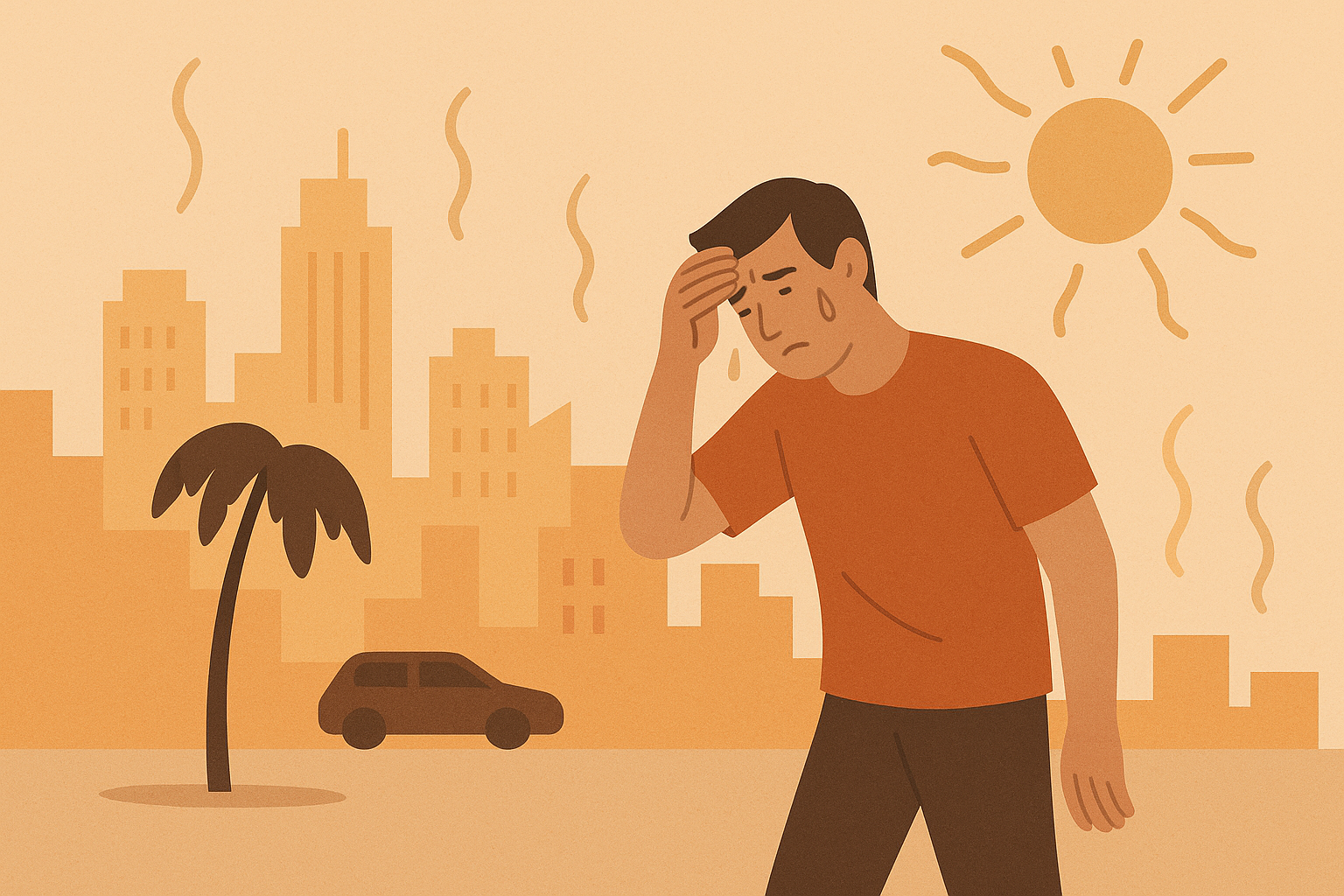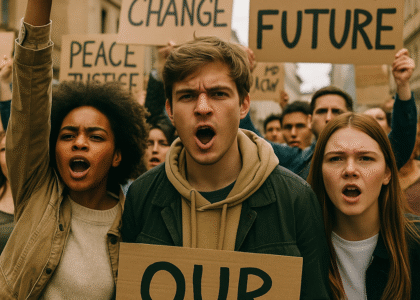The planet is warming at an unprecedented pace, and ecosystems worldwide are feeling the heat. From melting glaciers to dying coral reefs, the climate crisis is no longer a distant threat but an immediate reality. Scientists warn that we are nearing a tipping point where some changes may become irreversible, impacting biodiversity, food security, and human livelihoods.
The State of the Crisis
Recent data from the Intergovernmental Panel on Climate Change (IPCC) indicates that the Earth’s average surface temperature has increased by approximately 1.1 degrees Celsius since the pre-industrial era. While this may seem small, even slight temperature changes can have cascading effects on global systems. Heatwaves, wildfires, and hurricanes have become more frequent and intense, displacing millions and causing significant economic losses.
One of the most visible impacts is in the Arctic, where ice sheets are melting at an alarming rate. The Arctic sea ice extent has decreased by 13% per decade since the 1970s. This not only threatens polar bears and other native species but also contributes to rising sea levels, endangering coastal communities worldwide.

Ecosystems on the Edge
Coral reefs, often referred to as the “rainforests of the sea,” are bleaching and dying due to warmer ocean temperatures. The Great Barrier Reef has experienced five mass bleaching events in the last two decades. These reefs are vital for marine biodiversity and support the livelihoods of millions who depend on fishing and tourism.
Forests, too, are under siege. The Amazon rainforest, often called the “lungs of the planet,” is nearing a tipping point where it may transform from a carbon sink to a carbon source. Deforestation and warming temperatures are pushing this crucial ecosystem to its limit.
A Call to Action
Despite these alarming trends, there is still hope. Governments and organizations worldwide are committing to ambitious targets to curb greenhouse gas emissions. The Paris Agreement aims to limit global warming to 1.5 degrees Celsius, though achieving this goal requires immediate and sustained action.
Renewable energy adoption is on the rise, with wind, solar, and hydropower leading the way. Public awareness campaigns and grassroots movements are also gaining traction, putting pressure on policymakers to act decisively.
The climate crisis demands a collective response. Each individual, corporation, and nation has a role to play in mitigating its effects and adapting to its realities. The choices we make today will determine the future of our planet.




